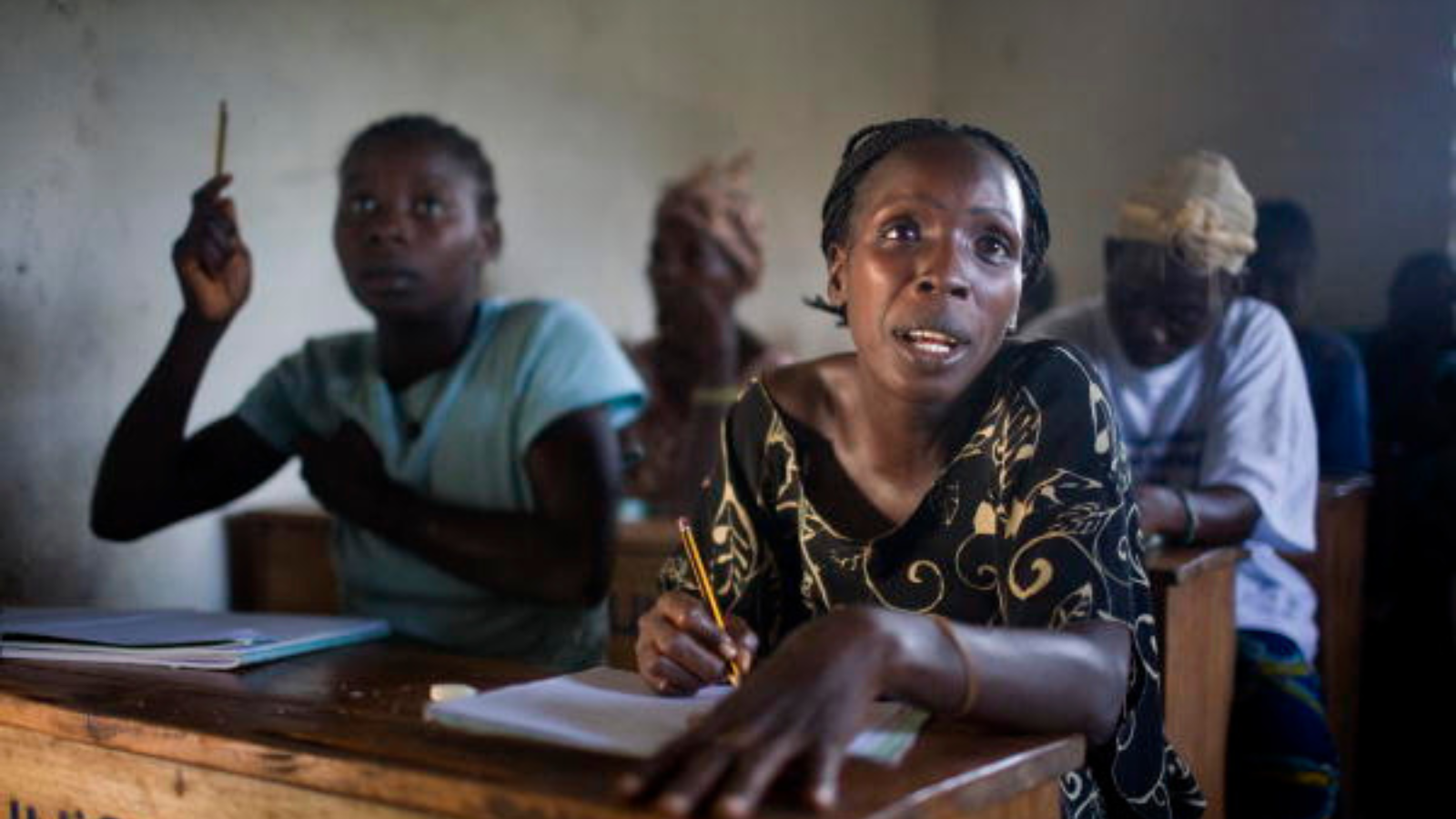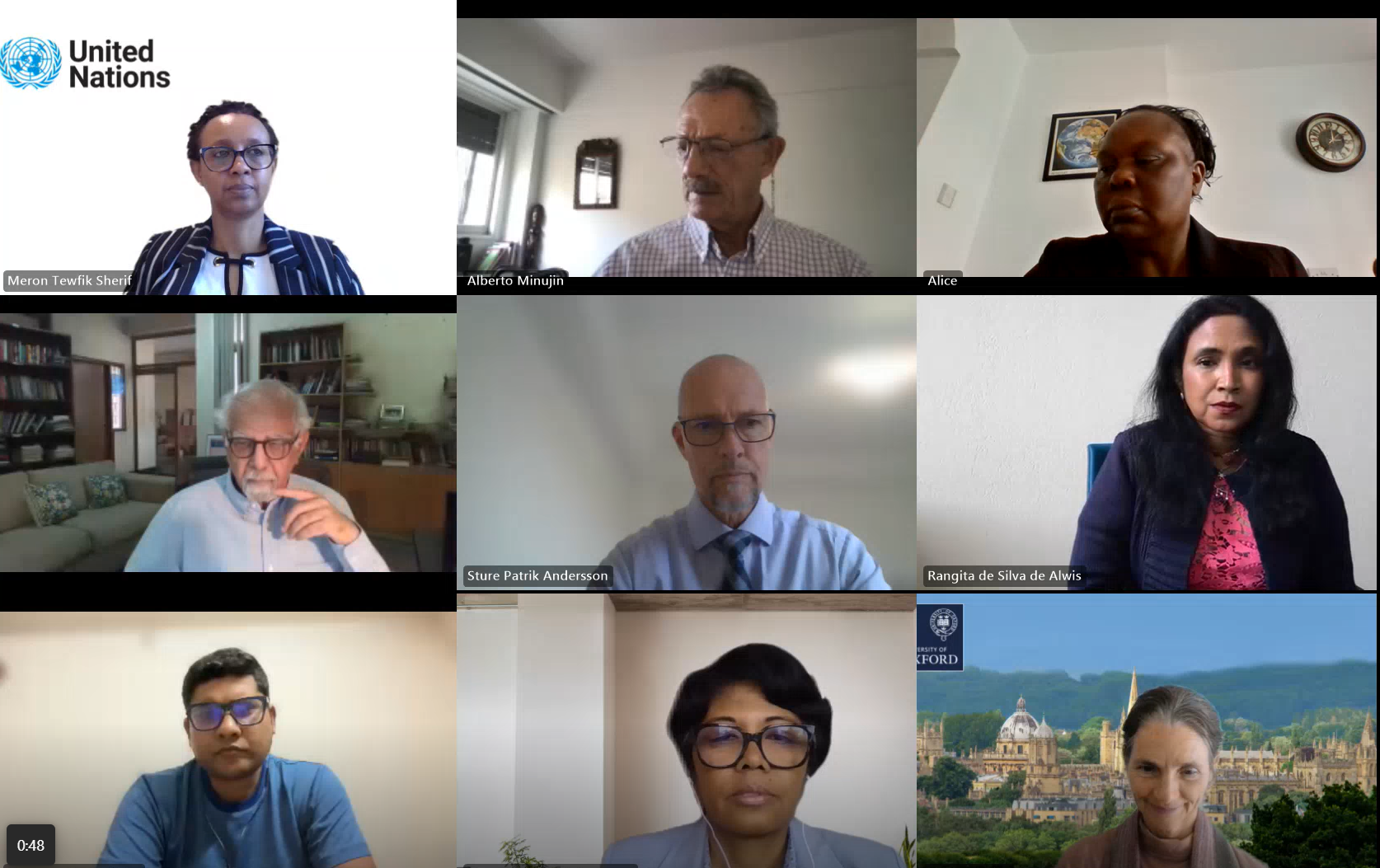
![]()
Six years into the implementation of the Third United Nations Decade for the Eradication of Poverty, the world is struggling to reduce global poverty levels. The COVID-19 pandemic increased extreme poverty for the first time in decades, and as a result, the proportion of the population that lived in extreme poverty rose from 8.9 percent in 2019 to 9.7 percent in 2020. The wars in Ukraine and Gaza have exacerbated the situation. Although the global extreme poverty estimate had fallen to 8.6 per cent, or 691 million people, in 2023, that level was still almost the same as in 2019. Furthermore, nearly half of the world’s population is considered to live in poverty according to the $6.85 a day international poverty line, the measure used for upper-middle-income countries. Projections also indicate that by 2030, nearly 600 million people are expected to still be living in extreme poverty.
Extreme poverty is concentrated in Sub-Saharan Africa and Southern Asia, where more than half of the extreme poor live, in lower-income countries, in conflict-affected areas, and in remote, rural areas.
Ongoing multiple crises have also heightened hunger, malnutrition and famines in the world. Women and girls are of particular risk of being left behind as a result of gender inequality. At the current rate of progress, it may take close to 300 years to achieve full gender equality.
Poverty is also closely linked to the threats of climate change as millions of people living in poverty reside in areas that are highly exposed to extreme weather events.
Therefore, ending poverty is a challenge that requires a multifaceted approach and innovative policies.

The Division for Inclusive Social Development of UNDESA is organizing a virtual expert group meeting on “Implementation of the Third United Nations Decade for the Eradication of Poverty (2018-2027)”, to be held virtually on Wednesday, 15 May 2024, as part of the preparations for the seventy-ninth session of the United Nations General Assembly. The purpose of the meeting is to bring together four to six experts to discuss key areas for eradicating poverty, with a focus on:
i) Innovative policies for eradicating poverty (e.g., economic growth, structural transformation, reduced inequality and social protection);
ii) Key challenges for people to escape poverty (e.g., lack of access to quality education, health care, water and sanitation, infrastructure and decent work);
iii) Feminization of poverty and how this has been exacerbated by the recent crises;
iv) How to increase financing and domestic resource mobilization for ending poverty in selected low- and middle-income countries; and
v) The debt crisis, ODA, IFFs in poor countries and regions.
The meeting is expected to provide substantive input for the preparation of the report of the Secretary-General on the “Implementation of the Third United Nations Decade for the Eradication of Poverty (2018–2027)” by:
-
Identifying concrete policy recommendations
-
Identifying best practices for eradicating poverty
To learn more about the virtual event, please click on:
- Aide-Mémoire
- Provisional Programme
- GA Resolution on the Third UN Poverty Decade
- SWAP Poverty Booklet
- List of Speakers
- Bios of Participants
Presentations:
- The characteristics of the poor and trends in multidimensional poverty by Ms. Sabina Alkire
- Countering Feminization of Poverty with Feminization of Leadership by Ms. Rangita de Silva de Alwis
- Poverty Alleviation: Policies, Programmes and Progress by Mr. Surjit S. Bhalla
- Eradicating Poverty, Particularly Among Children and Women: Facing Systemic Challenges in a New Way by Mr. Alberto Minujin
- Innovative policies and/or programmes for eradicating poverty in sub-Saharan Africa by Ms. Alice Odingo
- Gaps in financing poverty eradication and how to increase domestic resource mobilization by Mr. Sumanta Kumar Saha
Papers:
- Progress in eradicating multidimensional poverty: Evidence from the global MPI by Ms. Sabina Alkire
- Looking Ahead to CSW 2024: Feminization of Poverty and Women’s Agency by Ms. Rangita de Silva de Alwis
- Gaps in financing poverty eradication and how to increase domestic resource mobilization by Mr. Sumanta Kumar Saha
Key Messages and Recommendations
Additional Resources:
- To be posted
 Welcome to the United Nations
Welcome to the United Nations